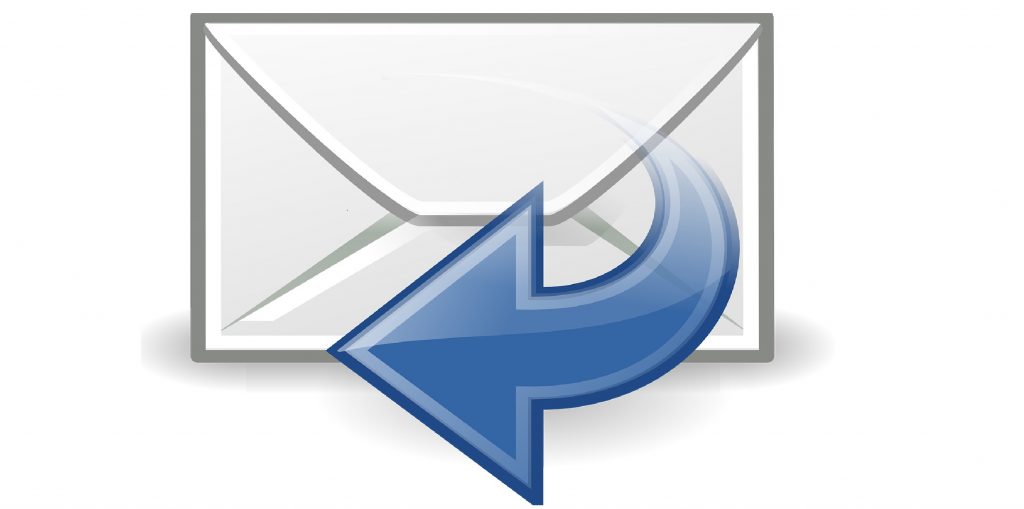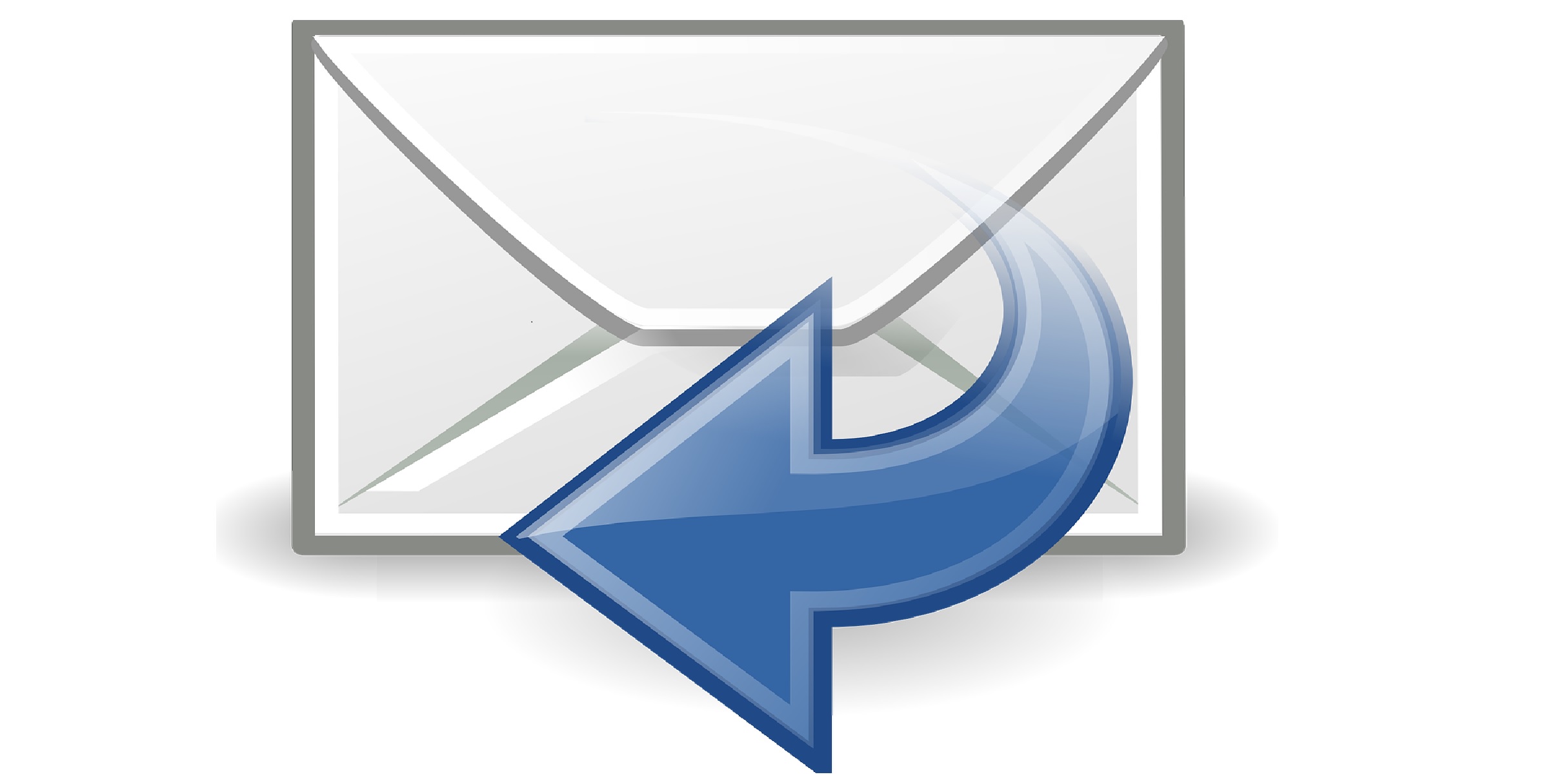How to Write Emails That Get Responses


Are your emails arousing urgency or are they falling flat? Type some life back into your emails with these actionable tips.
Did you include everything? Did you proof read it? Was that attachment 100% attached? Yes, yes, yes. OK, send. Only, it’s now a week later, and you don’t have a response. Here’s where you might have gone wrong…
The Subject
Your subject line is the first thing to be seen. It needs to be succinct and relevant.
Use action verbs:
They shout progress, and they’re positive. Verbs like bring, activate, call, estimate and research are the language of productivity. When you use them, be specific. For example, ‘bring files to meeting’ or ‘call Susan at 12 pm’.
Use only re: in the subject:
This one seems weird. However, studies reveal leaving a subject line with just re: has a 92% open rate.
It works because:
- It creates the illusion of a conversation in progress.
- It suggests you don’t have time to explain the important contents of the email.
- It gets to the heart of how to get a response – Re: says: “we’ve already discussed this, it’s in motion, I just need this one thing from you”
Use 41 characters or less (preferably less) in your subject line. Also, make it feel personal: Anna, our conference tickets are selling fast”. This works because it feels like I’m talking directly to you and it places a deadline on the email.
The Body
Put a call to action in the first sentence:
Tell people in plain language what you want. If an email has an easy response, you’re likely to do it, right there and then. If it requires thought, you’ll flag it for later and, well – later just gets later.
Link to additional information elsewhere:
Need Brian to check out that report? Link to it or attach it for him.
Equally, if you want a colleague to look at something lengthy, then the opposite is true.
Summarise long or complex content and brief them on how you’ve saved them time; they’ll be more inclined to read the information and respond.
Want more tips to master your email skills?
- Learn from the biggest brand’s email successes with this Hubspot article on ‘18 top performing email subject lines’.
- Test your email abilities, knowledge and skills with the Hub’s Email Marketing Quiz.
- Check out The Muse on making email a pleasant experience for you and your recipients in ’31 Ways to Make Email Suck Less’.
This article was written by Hannah Spruce, who is a Content Author at High Speed Training, a UK-based eLearning provider. She writes courses and articles in a number of different business areas. She has a Master’s in Contemporary Literature and enjoys prose, plants, and feeling productive.
[bookboon-recommendations id=”e60d3bf3-9963-4452-9d41-a35500db2972″ title=”You might find these books interesting:”]

